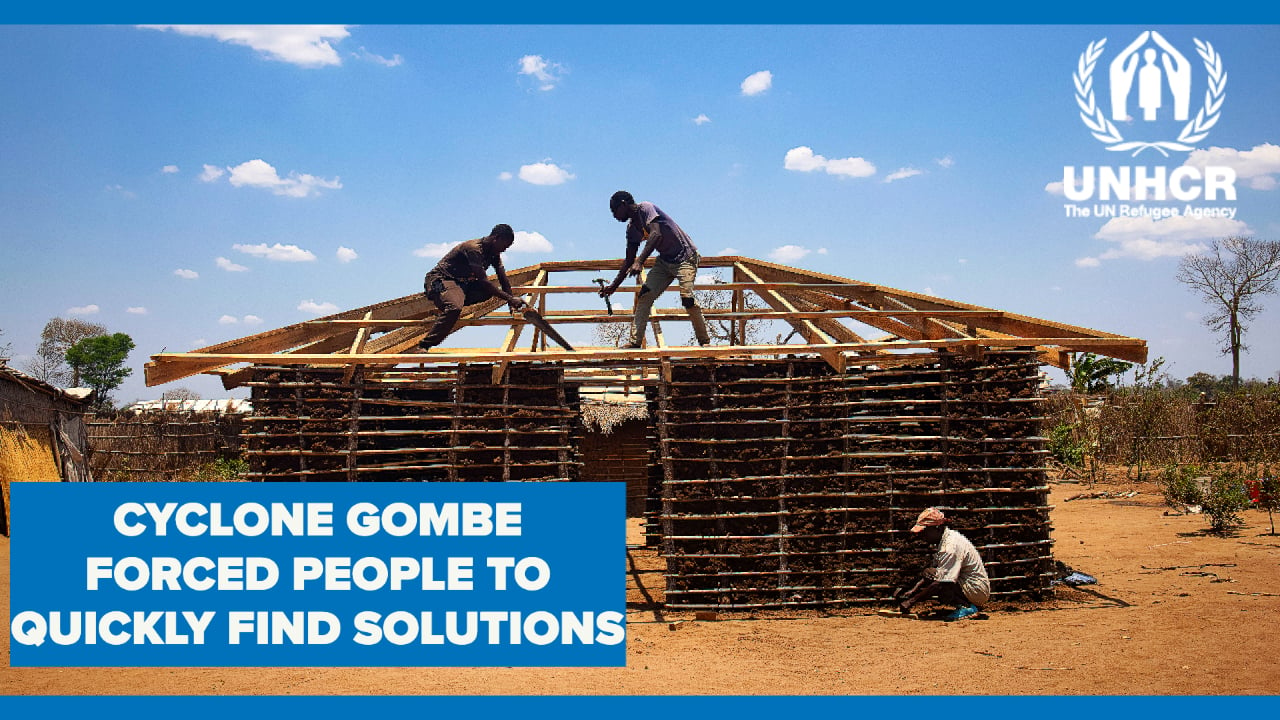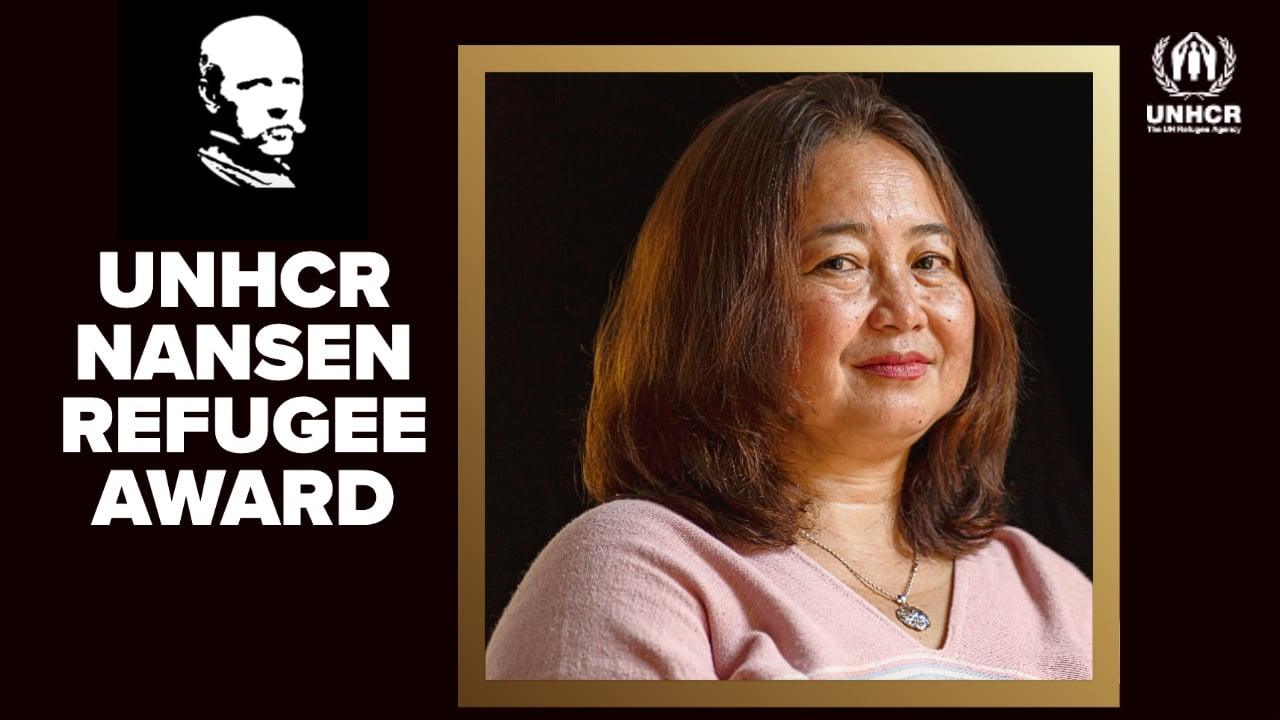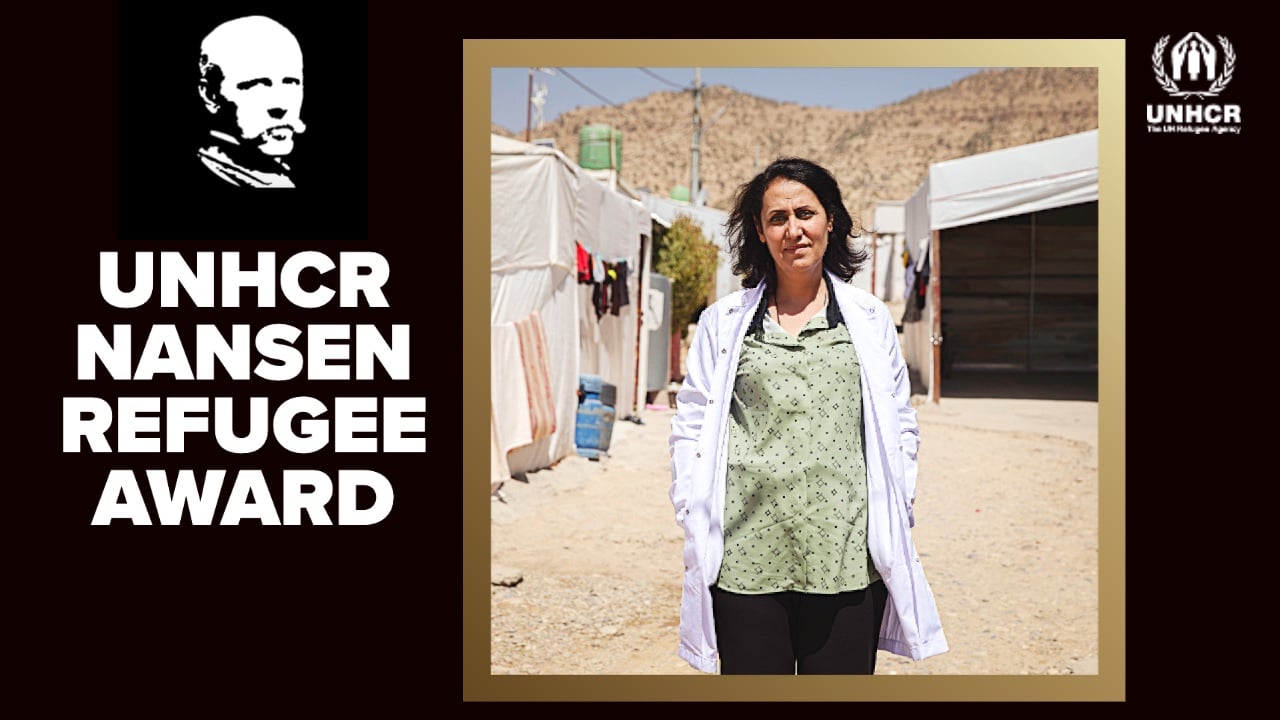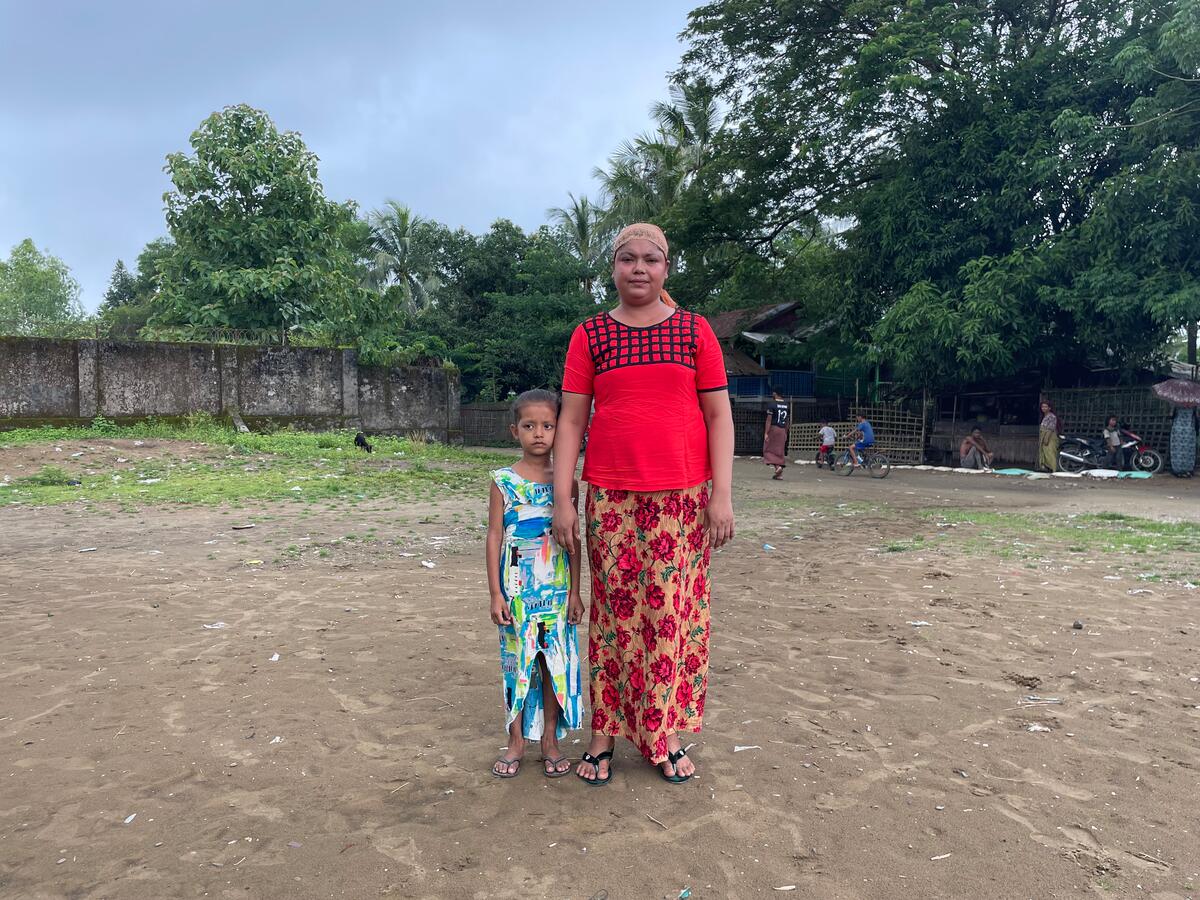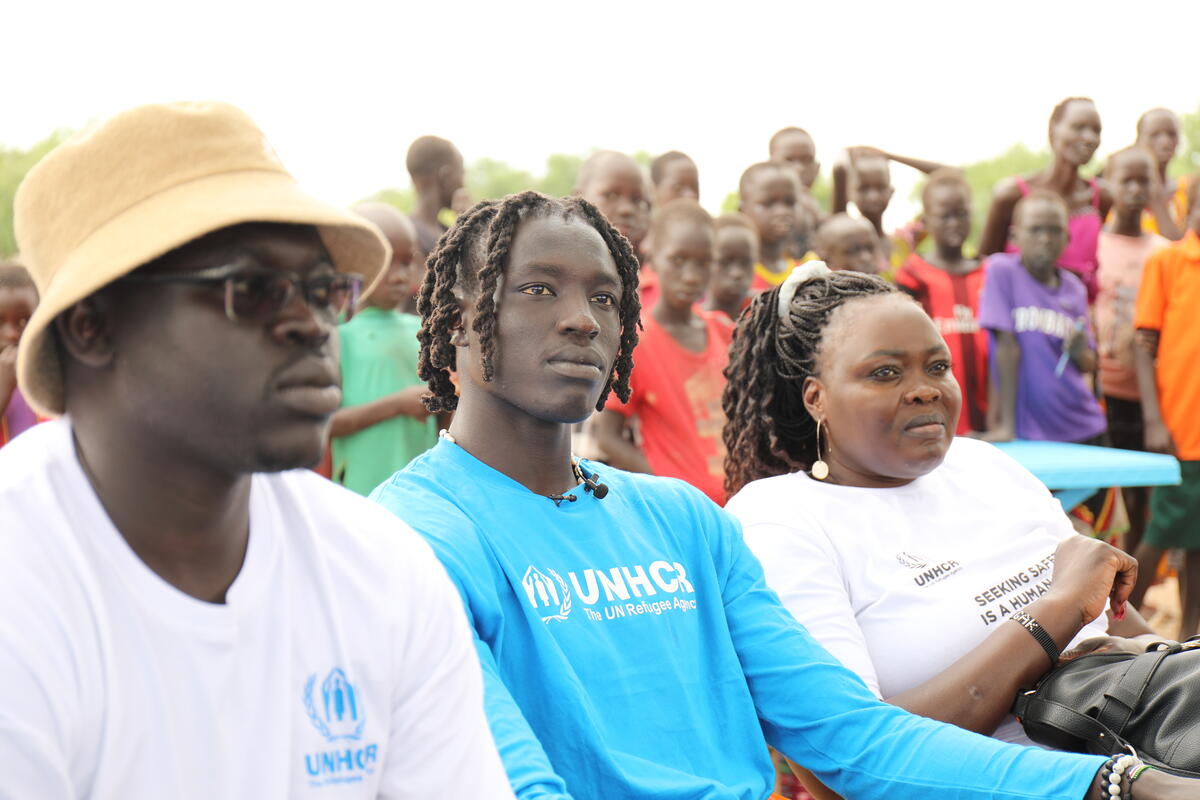More families flee unrest near Colombia's northern border with Panama
More families flee unrest near Colombia's northern border with Panama

CHOCÓ DEPARTMENT, Colombia, August 2 (UNHCR) - Maria and her family are among the victims of stepped up violence in northern Colombia that left her husband dead and forced the 22-year-old to flee her home village with her three children.
She arrived in Unguía, a village on the Truandó River in northern Colombia's Chocó department, a few days ago. "I don't understand why it happened," says Maria, referring to her husband's killing by members of an irregular armed group.
"He was not a politician, he was not a leader - nothing. He was never given any warning. They just came one day and took him away. We found his body the following day in the forest. I never thought a thing like that would happen," she adds. Three other male villagers were killed in the incident.
Maria and Pablo lived in Arquía Limón, a tiny community right on the jungle-covered border with Panama. The village is only 18 kilometres from Unguía, but the journey takes more than five hours by mule.
Like other border regions in Colombia, Chocó is unstable - irregular armed groups vie here for control of territory and the jungle's rich natural resources. Communities living on rivers cutting through the jungle are subject to frequent blockades, threats, forced recruitment and killings - sometimes targeted, sometimes indiscriminate.
No one knows why Pablo and the three other men died in Arquía Limón last month, but the impact of the killings was immediate: within hours, the community's 23 families had fled. In all, more than 500 people have arrived in Unguía since late July from Arquía Limón and surrounding communities.
For Maria, the shock of finding herself alone with her children at such a young age has not yet sunk in. She has registered with Unguía's local authorities as a displaced person and keeps herself busy with practical considerations: where will the children sleep, how will they eat, will the eldest be able to go to school?
"You must take care of yourself too," another displaced woman tells her as they wait in the office of the local notary. "How do you feel?" Maria has to think about it. "I feel very alone," she says eventually. The same is true for Arquía Limón's three other new widows.
Further south on the Atrato River, the small town of Ríosucio has also seen a growing number of families arrive in recent weeks after fleeing stepped up violence further up the river. Even in Ríosucio, the fear is palpable and people are often too scared to speak. Local authorities tell UNHCR staff that many families are so terrified they will not even come to register as displaced because they do not want their names to appear on a list.
Those who do speak say that up to 14 plantation workers were killed by members of an irregular armed group in Taparali in late July. Their surviving colleagues are too scared to go back to work. As well as displacement, the violence is causing serious economic problems for people who are among the poorest in the country.
The Colombian government has sent military reinforcements to the region, with 1,600 soldiers now deployed along the Atrato River. But among the displaced, fears for the future persist and the prospect of a return home is still far away.
"They say that the army can help people go back in safety," says José Angel Palomeque, president of a local Afro-Colombian association. "Very well, but we have to be careful. Because, in a week or a month, the army will leave again and then the people will be left even more at risk than before."
Many of those displaced in Ríosucio are of Afro-Colombian origin and there is growing concern about the fate of indigenous communities along the river. Throughout Colombia, ethnic minorities are suffering disproportionately from the conflict and are forced to leave their homes in large numbers.
There are an estimated 2.5 million internally displaced people in Colombia - the largest population of concern to UNHCR in any country in the world. The refugee agency has been working on behalf of displaced people in Colombia since the late 1990s to find durable solutions for those already displaced, guarantee the protection of the rights of displaced people and avoid new forced displacement.
By Marie-Hélène Verney in Chocó, Colombia


